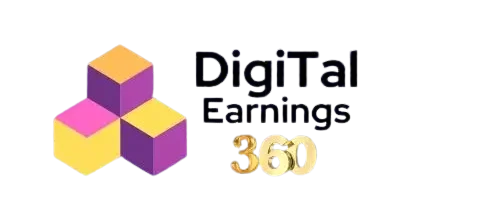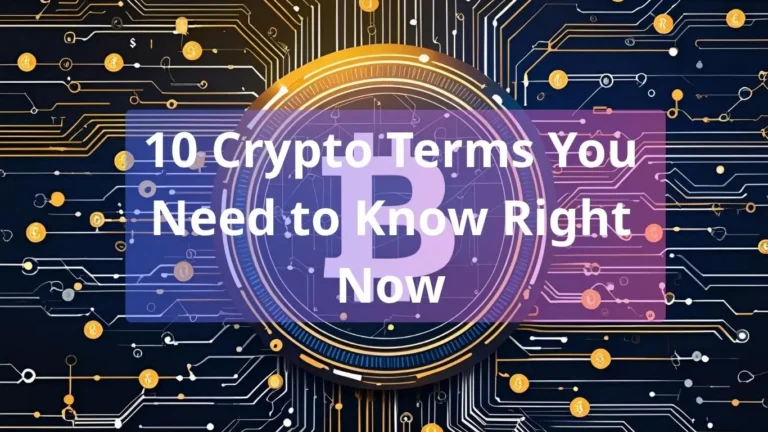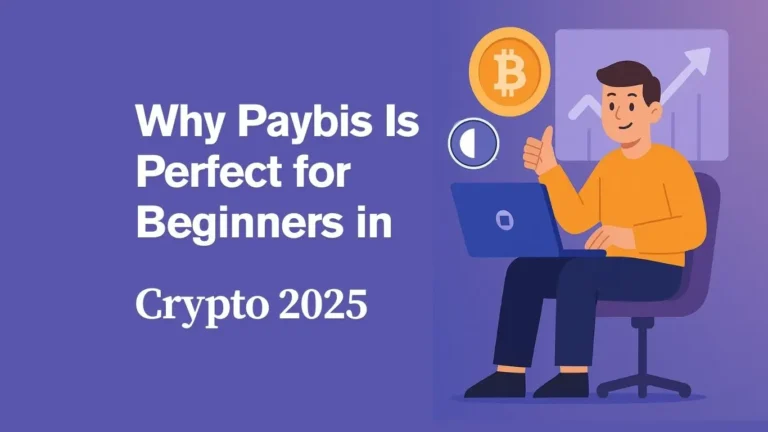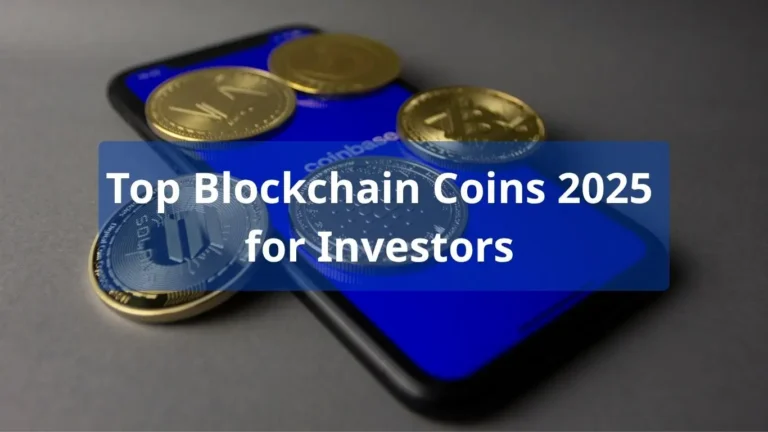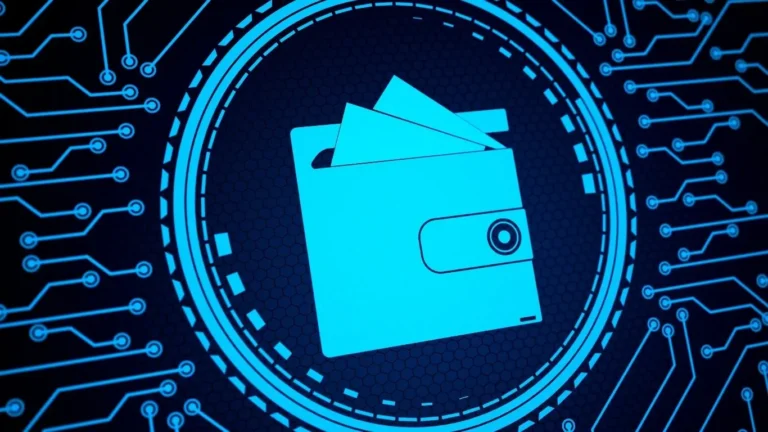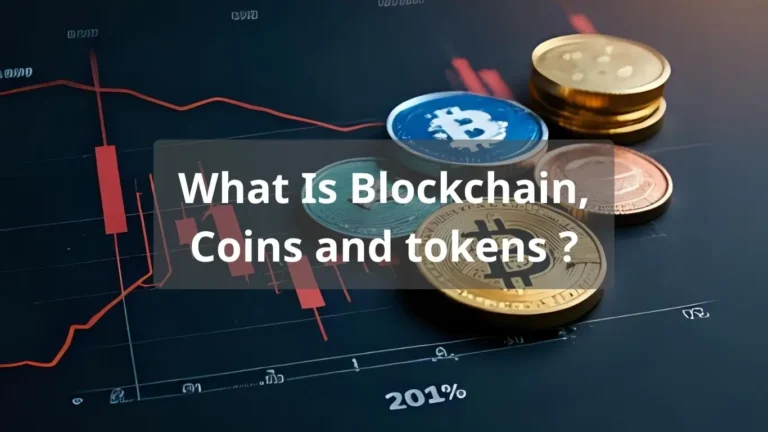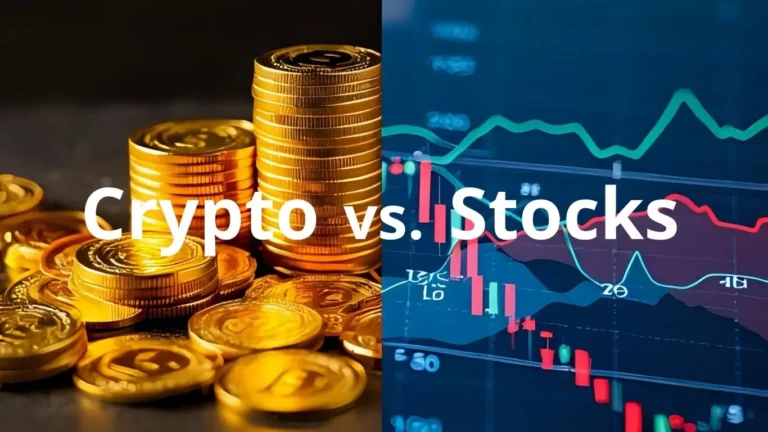What Is Blockchain? An Easy Yet Eye-Opening Guide for Beginners
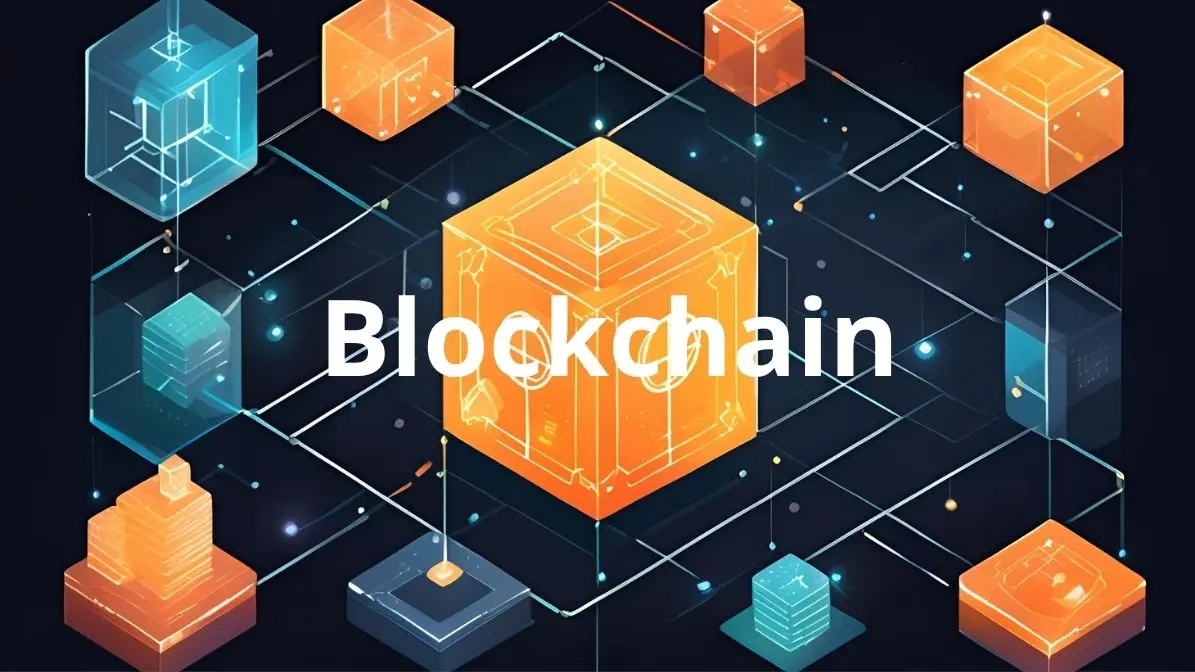
What Is Blockchain?
In the simplest terms, blockchain is a type of digital record system. Instead of storing data in one central location, blockchain keeps data in blocks that are linked together in a chain across a network of computers. Once a block is added, it cannot be changed — this makes blockchain highly secure and transparent.
Think of it like a digital notebook shared across thousands of people. Everyone can see what’s written, but no one can erase what was written before.
Why Is Blockchain Important?
People often ask: “Why should I care about blockchain?”
It’s a valid question—especially if you’re not involved in tech or finance. But the answer is simple: blockchain is revolutionizing the way we build trust, store data, and exchange value in the digital age.
So, what is blockchain, and why does it matter?
Here’s what makes blockchain technology stand out:
Here’s what makes blockchain technology stand out:
✅ Decentralization – Unlike traditional systems, blockchain doesn’t depend on a single person, organization, or server. This reduces the risk of corruption or failure at a single point and gives more power to the users.
✅ Transparency – Every transaction on a blockchain is recorded in a public ledger that is visible to all participants in the network. This level of transparency helps prevent fraud and builds trust among users.
✅ Security – Blockchain uses advanced cryptography to protect data. Once a transaction is recorded, it becomes extremely difficult—if not impossible—to alter or delete, making the system highly secure against hacking or manipulation.
Because of these features, blockchain is now used far beyond cryptocurrency.
How Blockchain Works (In Simple Words)
To understand how blockchain works, imagine this scenario:
You send money to a friend using a blockchain-based app.
The system checks if you have enough balance.
The transaction is grouped with others into a block.
This block is verified by computers (called nodes) on the network.
Once confirmed, the block is added to the chain and can’t be changed.
Each block contains:
Transaction data
A timestamp
A reference to the previous block
This structure makes it easy to trace every transaction from the beginning.
Blockchain in Daily Life: Real Applications
Many people still think blockchain is only about Bitcoin. But in 2025, blockchain is used in many real-world areas:
📦 Supply Chains: Companies like Walmart use blockchain to track where products come from.
💳 Banking: Banks use blockchain for faster, cheaper money transfers.
🧾 Healthcare: Patient data is stored securely using blockchain.
🖼️ Digital Ownership: NFTs prove ownership of digital assets.
🗳️ Voting Systems: Some governments are testing blockchain voting for added transparency.
These examples show how blockchain technology is becoming part of our daily lives — even if we don’t notice it.
Benefits of Blockchain
Here are key benefits of blockchain technology for businesses and individuals:
Trust without middlemen
People can interact directly without needing a bank, lawyer, or broker.Reduced costs
No need for third-party verification saves money.Efficiency
Transactions can happen in minutes — not days.Security
Data is protected through encryption and decentralized structure.Immutability
Once information is written, it stays there. No one can change it.
Blockchain for Beginners: Common Misconceptions
Let’s clear up some myths:
❌ “Blockchain is the same as Bitcoin.”
→ Bitcoin uses blockchain, but blockchain has many other uses.❌ “It’s only for tech experts.”
→ Many blockchain apps today are user-friendly and designed for non-tech users.❌ “Blockchain is illegal or risky.”
→ Like any technology, it’s neutral — its use depends on the user.
📘 Reliable source: EU Blockchain Observatory
The Future of Blockchain (2025 and Beyond)
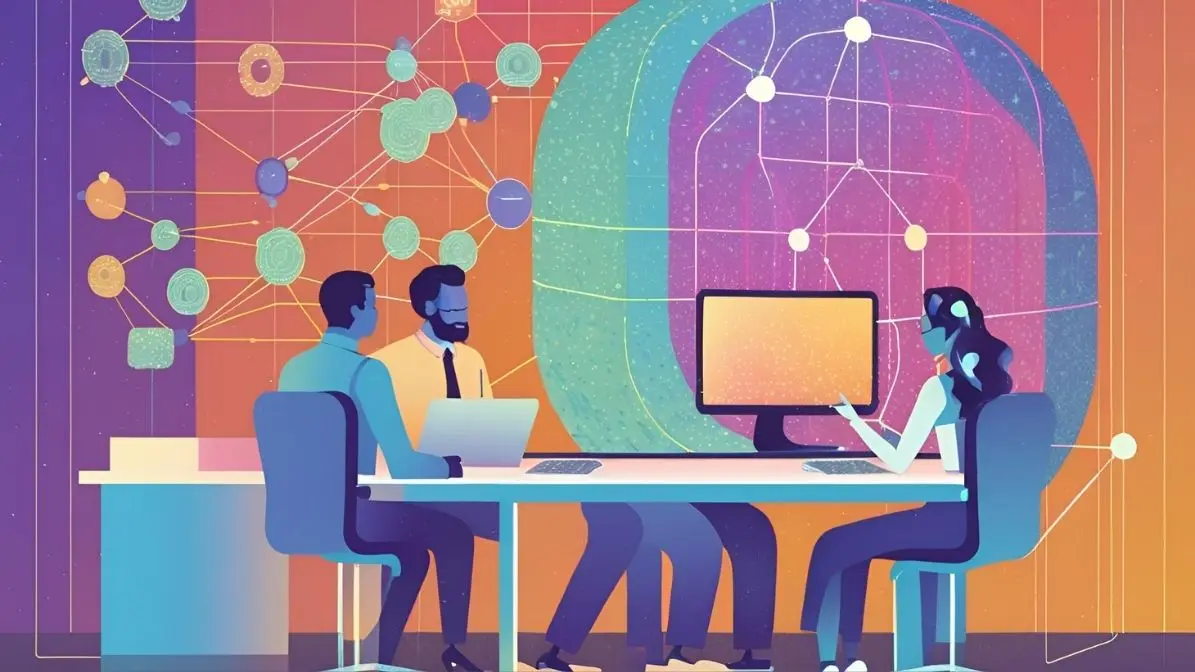
In 2025, blockchain is moving beyond hype and into practical use cases. Major tech companies like Microsoft, IBM, and Amazon are already offering blockchain-as-a-service (BaaS).
In the coming years, we can expect:
More governments using blockchain for digital identity
Cross-border payments powered by blockchain
Integration with AI and IoT for smarter, safer systems
Rising demand for blockchain developers and experts
Final Thoughts
What Is Blockchain is more than just a buzzword—it’s a foundational technology that is gradually transforming finance, commerce, healthcare, and even public administration. By understanding what blockchain is and how it works, you not only stay ahead of technological trends but also unlock potential career paths and investment opportunities in the digital economy.
✅ Don’t miss: Top 5 coins leveraging blockchain technology strongest in 2025
📌 Quick summary
Blockchain is a decentralized, transparent, and highly secure data storage technology
It has widespread applications in everyday life and business
The future of blockchain is closely linked with industries like AI, IoT, and digital finance
